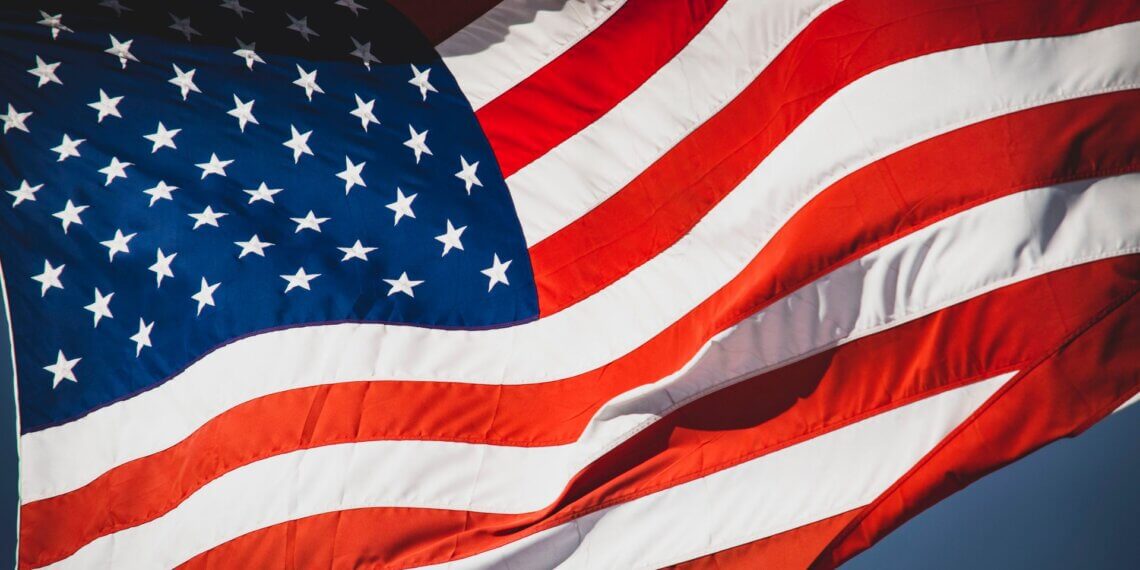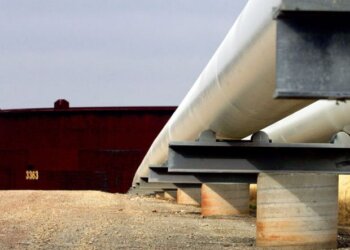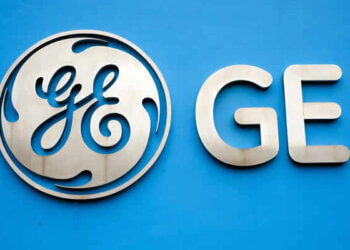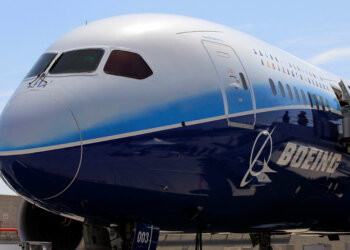Plufl, a start-up behind “dog beds for humans,” discovered the high cost of domestic manufacturing after U.S. tariffs on Chinese imports forced it to rethink its supply chain. The company, which gained fame on Shark Tank and topped $1 million in sales last year, found that making its beds in the U.S. would more than double production costs.
Co-founders Yuki Kinoshita and Noah Silverman had hoped a “Made in the USA” label might ease retailer concerns about import tariffs imposed by President Donald Trump, who recently slapped a 145% duty on China-made goods. They sourced a Las Vegas factory to build the beds for $150 each—but that price excluded a faux fur lining that still needed to be imported at an additional $100.
The result: a sub-$500 U.S.-made version pitched to Costco was declined, with the retailer citing no space this year but a possible revisit in 2026. Plufl’s experience highlights the growing dilemma for small American businesses—absorbing steep tariffs or grappling with high domestic production costs.
Despite willingness from some entrepreneurs to shift manufacturing to the U.S., many retailers remain focused on pricing. That leaves firms like Plufl squeezed between rising costs and consumer expectations in an increasingly protectionist trade climate.










